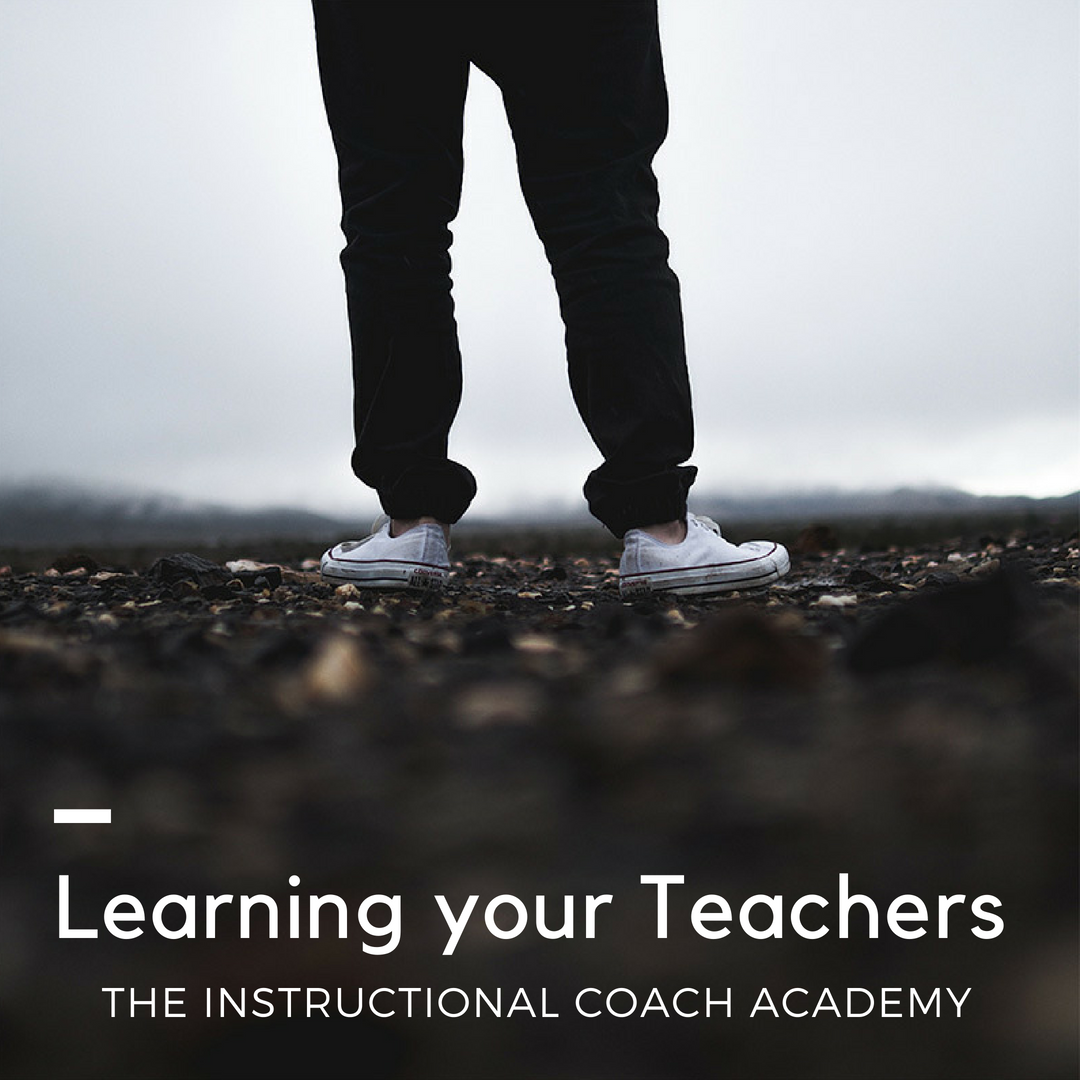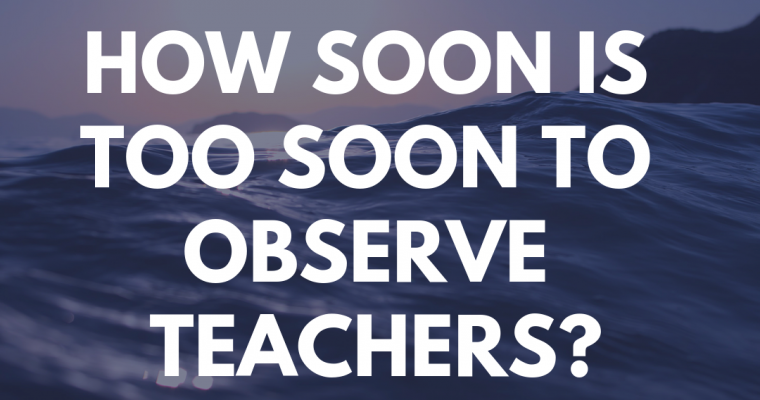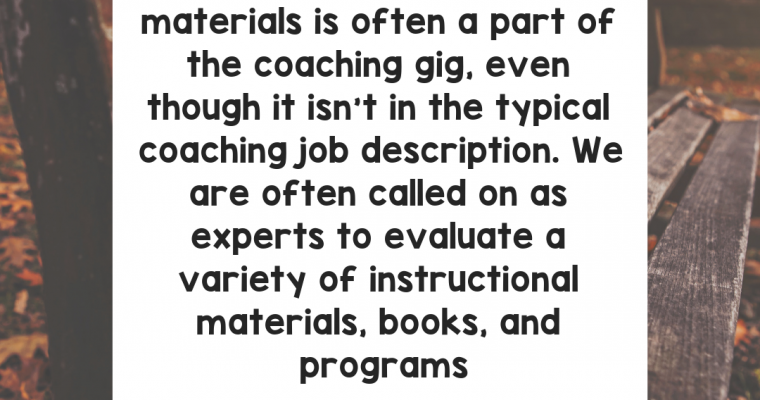Learning your teachers you coach is hard work. What do you need to know? What do you want to know? How can you establish a positive, productive working relationship? Where is the balance between coach and friendship? Coaching is inherently relational. Taking the time to learn the teachers, just as you might your students, is an important component of effective coaching.
As the new year starts, working with a new group of teachers can be challenging. There are a number of things I find helpful to learn about my teachers.
- Personality-Whether it is True Colors, Strength Finders, or any other personality “test,” these exercises can be really revealing and helpful. Both the results and the way teachers approach and respond to the results provide valuable information.
- Processing style-Observing how each teacher processes information is incredibly important. Some teachers think out loud, others need time to contemplate information. Certain teachers are linear, while others have thought patterns that resemble a bird’s nest. Some teachers prefer to write before speaking. Paying attention to how teachers process can increase your effectiveness as you adjust your coaching moves to the style of each teacher.
- Learning style-Teachers learn in different ways, just as students do. Do first, see first, read first? What works for each teacher as a learner? Not only does this help the coach support teacher learning, it helps the coach fully grasp why each teacher makes certain instructional choices.
- Communication style-Are you working with any teachers who are conflict-averse? Who goes along to get along? Are you working with teachers who are natural contrarians? Who loves to debate? Are some teachers naturally blunt, introspective and reserved, outgoing and social? Communication style is like learning style-identifying how your teachers communicate can help you both understand certain instructional choices and increase your effectiveness. If you are working with PLCs, learning your teachers can also help you facilitate and mediate group meetings.
- Love language-What makes your teachers feel appreciated? This one is easy to overlook; however, it can be the key to establishing positive, productive relationships. Who needs words of affirmation? Maybe that teacher isn’t ‘needy;’ maybe she needs words to feel validated, not just reassured. Who appreciates acts of service? The teacher who melts when you make his copies probably isn’t totally overwhelmed–he just takes your help as a sign of genuine caring. Who gains strength from simple touch? That teacher who feels supported by a shoulder squeeze isn’t more or less difficult to coach-just different. Who responds best to your undivided attention? A teacher who appreciates your extended observation isn’t being selfish-she feels cared about when you gift her your time. Love languages are not a typical teacher kind of tool. On the other hand, when teachers feel that you care and appreciate them, they are likely to be more receptive to your coaching.
- Professional boundaries-Which teachers keep their personal lives strictly private? Who hosts their teacher friends for regular social gatherings? Do some teachers have few friends outside their teaching circle? Are some teachers reluctant to socialize with those they see as “administration?” Learning how teachers view the line between professional and personal relationships can help you avoid potentially awkward situations. It can also increase your awareness of perceived bias. Some teachers will see bias towards teachers with whom you socialize more even if they desire no such relationship. Some teachers will see bias against teachers as a group if you elect not to join in social activities. As a coach, you can plan to negotiate the social balance more effectively when you recognize how your teachers view professional boundaries.
I create a spreadsheet (that I absolutely keep 100% private) where I can note these things about each teacher. Doing so improves my individual coaching. It also helps me design professional development and group activities that meet the needs of all my teachers.
Learning your teachers can be time-consuming, but it is worth the effort. Even the lens of learning your teachers can help you start the year in a positive way. In the long run, learning your teachers, in whatever ways work for you, will pay dividends later.


